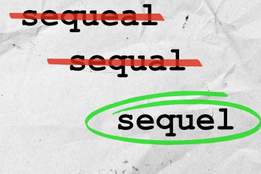1
1
: with pleasure : gladly
a speech of fire that fain would blaze— William Shakespeare
William Shakespeare
 William Shakespeare
William Shakespeare2
a
: by preference
knew it, too, though he would fain not admit it publicly— John Lukacs
John Lukacs
 John Lukacs
John Lukacs
b
: by desire
I would fain consult you— W. S. Gilbert
W. S. Gilbert
 W. S. Gilbert
W. S. GilbertLove words? Need even more definitions?
Merriam-Webster unabridged










Share